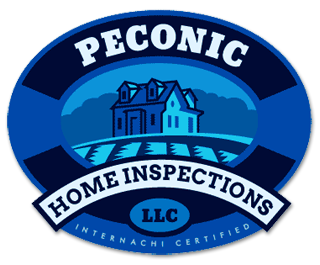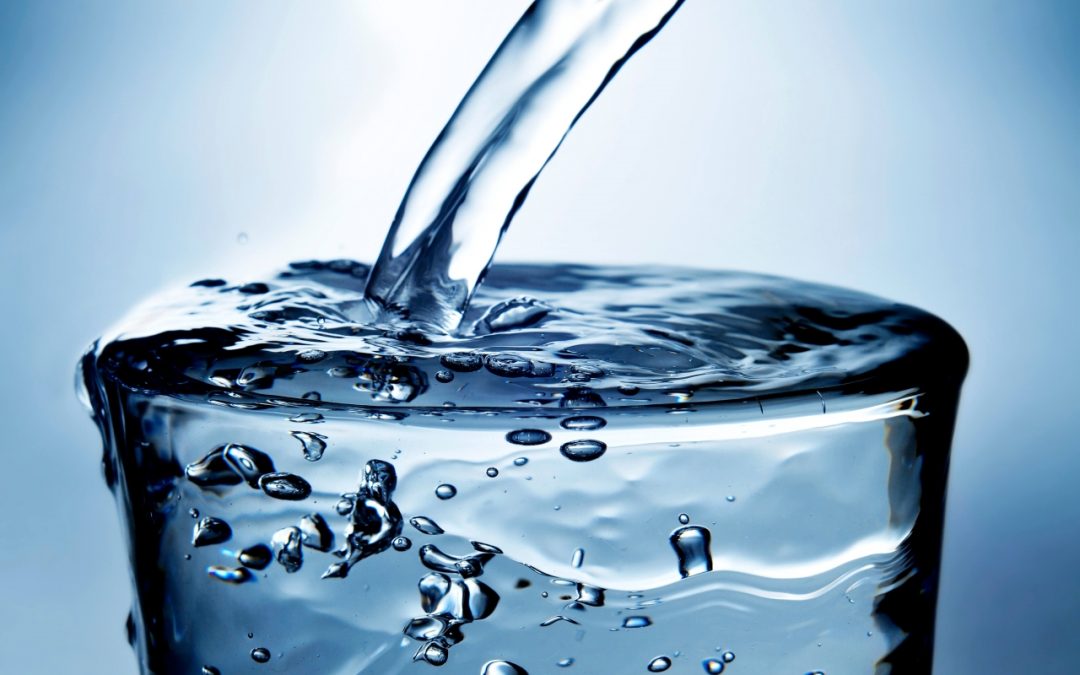Choosing Among Home Water Filters
There are different methods to filter drinking water in the home, and each removes different impurities. Some require electricity and others do not. To help make your decision, learn what contaminants exist in your water by having it professionally tested. This knowledge will help you determine which filter is best for your household.
Reverse Osmosis
Reverse osmosis (RO) is possibly the most effective of the types of home water filters. Most water filters of this type use a multi-stage filtration process. The first stage is a sediment filter, which is designed to filter out larger pollutants such as dirt, dust, and sand. The next stage is a semi-permeable membrane that filters out metals, salts, organic and inorganic contaminants, and bacteria. The third and final stage is a post-filter to improve the smell and taste of the water. You are left with purified water.
Advantages
- RO filters are effective at removing parasites and pollutants.
- This filter doesn’t need electricity.
Disadvantages
- The system uses a lot of water. Only 25-33% of the water is purified and the rest is waste.
- RO filters require high water pressure.
Activated Charcoal Filters
Activated charcoal is a highly useful filtering agent. Activated charcoal has tiny pores which trap contaminants. Charcoal is popular in filtering systems to remove chlorine and organic compounds. You can find activated charcoal filtering in large household filtration systems and small pitcher filters.
Advantages
- It’s inexpensive.
- Carbon filters do not require electricity.
- They are effective at removing volatile organic compounds (VOCs), chlorine, and sediment.
- Charcoal helps improve the taste and smell of the water.
Disadvantages
- Charcoal filters cannot remove dissolved inorganic compounds, metals, minerals, or salts.
UV Water Filtration
Of all of the types of home water filters, UV filtration is the best for killing germs, and prevents the transmission of viruses and bacteria. UV filtration removes 99.9% of the microorganisms that chlorine fails to remove at your local water treatment plant.
Water is pumped through a chamber with an ultraviolet light that kills contaminants like E. Coli, Giardia, and all other living microorganisms. UV water filters are sometimes used in conjunction with other filtration systems that remove more varieties of contaminants.
Advantages
- UV filtration kills bacteria, viruses, and parasites.
Disadvantages
- UV doesn’t remove non-living contaminants like fluoride and minerals.
- This system requires electricity.
- UV filtration is a more expensive option.
Ceramic Home Water Filters
Ceramic filters contain tiny pores that filter the water. The water is poured over the ceramic filter, which then drips clean water into the receptacle. Some ceramic filters are treated with silver to kill bacteria and prevent mold.
Advantages
- Ceramic filters are inexpensive and last a long time.
- This type of filter doesn’t use electricity.
- Ceramic reduces bacteria and protozoa.
Disadvantages
- These filters are slow to process the water.
- Ceramic is not effective against viruses.
When shopping for a home water filter, understand the contaminants in your local water. Perform a test of the water in your home. You’ll have a better idea of the pollutants that need to be filtered out of your water supply.
Peconic Home Inspections offers home inspections, including water testing. Contact us to schedule an appointment in Long Island.

